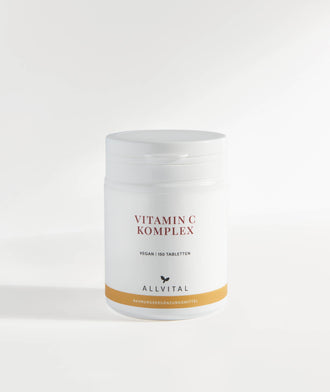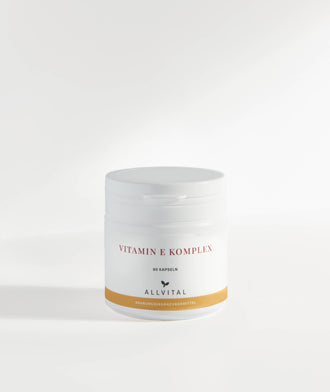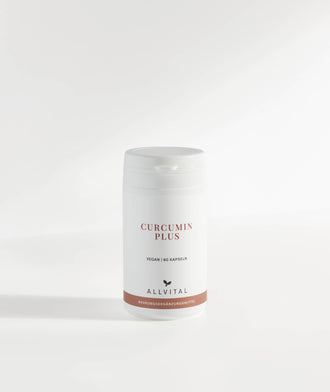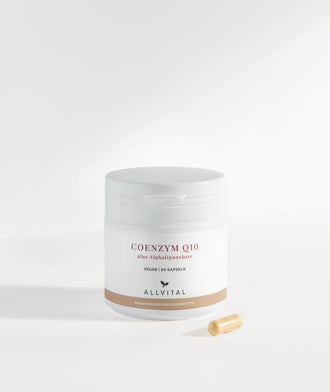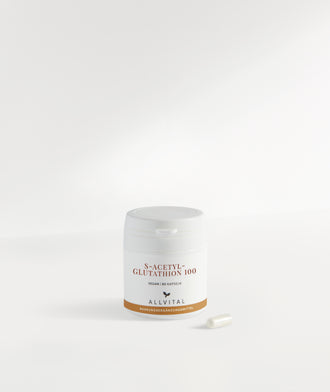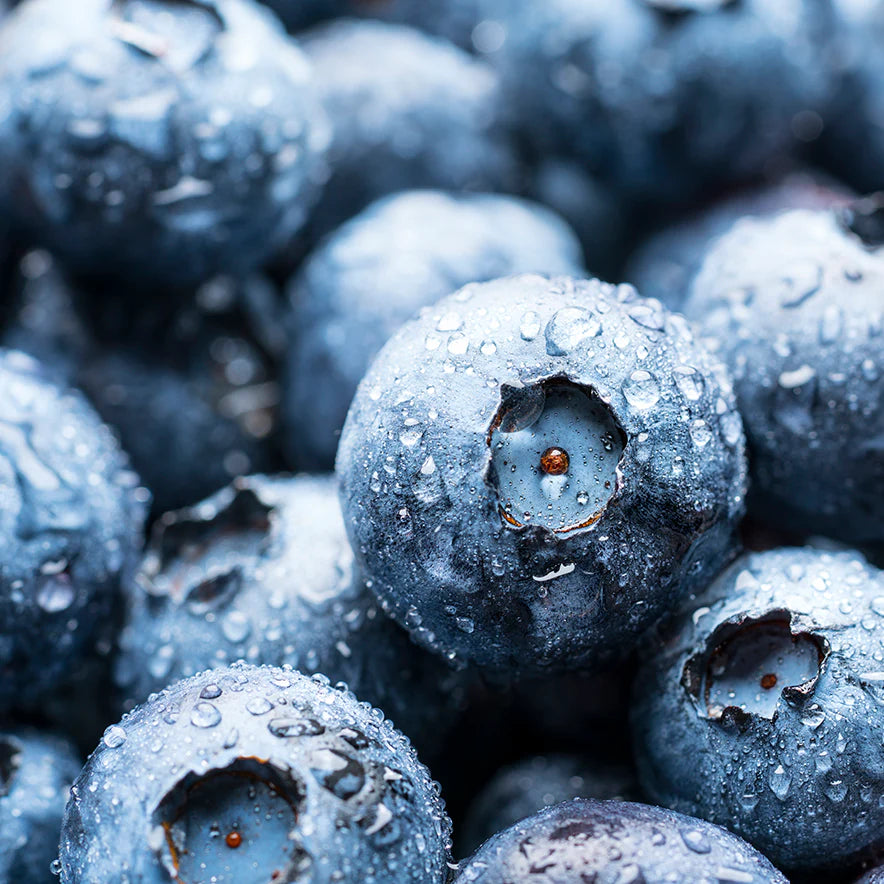
Oxidative stress, antioxidants and ageing - a complicated triangular relationship
Anyone who is interested in health and healthy ageing is sure to have come across the term oxidative stress.Too much oxidative stress may affect your health negatively. In contrast, a diet rich in so-called antioxidants is essential for good health. But what exactly is oxidative stress and what effects does it have on the body?
What is oxidative stress?
Oxidative stress is a condition in the body in which too many free radicals are formed and released. If the body's own protective mechanisms of the cell are not sufficient or there is a lack of antioxidants, the free radicals can damage the cells and lead to "stress" in the cell.
What are free radicals?
Free radicals are molecules or metabolic products that contain an unpaired electron and are therefore extremely reactive. In order to reach their natural state with preferably paired electrons, free radicals react with other molecules and remove an electron from them (= "oxidation"). This interaction changes the other molecule, which loses an electron. This can result in chemical compounds, such as proteins or fats, being damaged and their function impaired.
Many of the free radicals found in the human body, are unstable oxygen compounds ("reactive oxygen species"; ROS), which are formed as metabolic byproducts during the rebalancing of the energy household. In addition to ROS, there are also reactive nitrogen species (RNS), which can also cause damage to the cell.
How is the cell damaged by oxidative stress?
Free radicals can react with fats (lipids), proteins and genetic material (DNA). The oxidation of unsaturated fatty acids in cell membranes can lead to damage to both; the mitochondria ("power stations of the cells") and, the cell membrane. The oxidation of proteins can cause them to fold incorrectly or lose their regular structure and thus no longer fulfil their function properly. The oxidation of DNA can lead to genetic changes and mutations that result in cell death or altered growth that leads to an increased risk of cancer. These mechanisms can therefore accelerate the ageing process or favour the development of (chronic) diseases.
External influences can also cause oxidative stress. Often seen skin damage, may be the severely aged and wrinkled skin of smokers due to free radicals in cigarette smoke. Severe damage to the skin can also be seen due to long-term, increased sun exposure, which leads to the formation of free radicals through UV radiation.
To counteract oxidative stress, the cells have protective measures against free radicals, including antioxidants. In fact, oxidation processes are ongoing in our cells. However, we only speak of oxidative stress when there are more free radicals than the body can compensate for, resulting in damage.
What are antioxidants?
Antioxidants are substances that can bind free radicals. As already mentioned, free radicals remove an electron from other compounds and change them. Antioxidants, on the other hand, can donate an electron and still remain stable. Antioxidants therefore react with free radicals so that cell structures are not damaged by oxidative stress, or only to a lesser extent.
Endogenous and exogenous antioxidants
We distinguish between endogenous antioxidants, which are produced by the body, and exogenous antioxidants. In addition to vitamin C, vitamin E, glutathione, zinc, selenium, curcumin, coenzyme Q10 and beta-carotene are the best-known antioxidants that are not produced by the body but are ingested with food. Both forms of antioxidants are essential and work together in different ways to neutralise free radicals or prevent the formation of free radicals.
It's always about balance
The formation of free radicals takes place in the body all day, every day. Energy production in the mitochondria takes place via a chain reaction of free radicals. However, free radicals are by no means undesirable metabolic products, they are a crucial part of the immune system; they kill bacteria or transmit signals between cells. However, too many free radicals can damage the cells. It therefore depends on the balance between free radicals and antioxidants whether oxidative stress occurs.
Does it make sense to take additional antioxidants?
With our modern lifestyle in today's society, the formation of free radicals is stimulated in particular by external influences such as air pollution, smoking, medication, pesticides and UV radiation. At the same time, the intake of antioxidants is limited by unbalanced eating habits and highly processed foods. In addition, (chronic) inflammation can contribute to an increased production of free radicals. Digestive disorders or a damaged intestinal mucosa can also lead to fewer antioxidants being available to the body. This often shifts the balance in favour of free radicals, so that chronic oxidative stress has a negative effect on our health and on the ageing process. As we age, the body loses its ability to neutralise free radicals and protect itself from their effects.
It is therefore important to protect yourself from the effects of oxidative stress with a healthy, balanced lifestyle as the key to healthy ageing. Taking antioxidants in the form of supplements can help to compensate for increased needs and restore and maintain the balance between free radicals and antioxidants.


